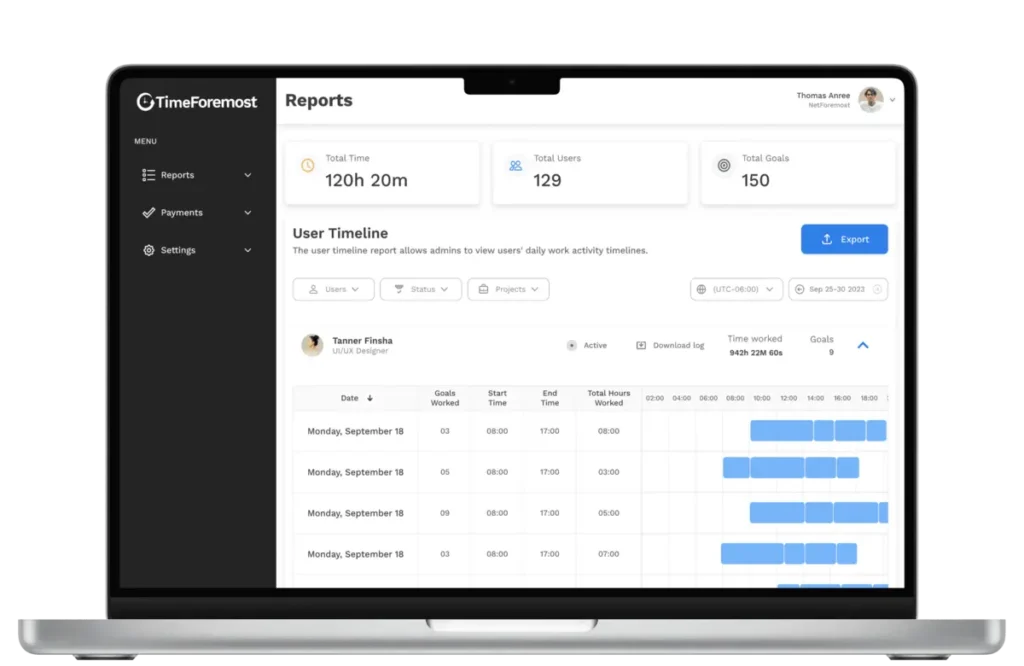Managing employee time isn’t just about tracking hours—it’s also about ensuring the data is accurate, transparent, and fair. In many companies, once payroll is processed for a given pay period, any further changes to time entries become locked. This is often called the “payroll block.” Below, we’ll walk through why this happens and why it’s crucial for both employees and employers.
What is a payroll block?
A “payroll block” is simply a safeguard that prevents adjustments to time once wages have been calculated and paid out. In practical terms, if an employee tries to edit or delete hours after the payroll date has passed, the system won’t allow it. Instead, employees may see a message letting them know those time blocks have been “locked.”
For example, if your pay period ends on the 15th of the month and payroll is processed immediately, any edits to your hours for that pay period will be blocked from the 16th onward. This helps maintain a clear record of what was billed and when.
Why is it important?
- Accuracy and Compliance
Payroll laws and regulations often require accurate, unaltered time records. Once the books are closed for a pay period and paychecks are issued, changing logged hours could be considered a violation of labor or financial regulations. Blocking edits keeps your records clean and compliant. - Fairness to Employees
Employees deserve transparency and consistency. If hours were logged correctly before payroll, and wages were paid based on those hours, allowing random modifications afterward could lead to miscalculations or disputes. Locks protect employees from accidental—or intentional—alterations to their wages. - Streamlined Accounting
Accounting teams rely on final, locked numbers to reconcile payroll expenses, create financial statements, and handle taxes. If time data could be changed arbitrarily, it would cause confusion and extra work. By locking time after payroll, accounting teams get the stable data they need.
What if mistakes happen?
It’s natural to worry about mistakes or forgotten entries. Many systems allow an admin override if a legitimate error is discovered. Employees can contact HR or payroll administrators to make a post-payroll adjustment. This override creates an audit trail documenting why the change was made, ensuring transparency.
Takeaways
The payroll block acts like a protective seal on your time records. Once payroll is processed, those records become “official.” If your system didn’t enforce a lock, employees and administrators would constantly need to juggle moving targets for hours and wages, creating confusion and compliance risks.
Bottom line: When you encounter the message that your time blocks are locked, it means your pay for that period is final and can no longer be altered. This process helps businesses remain compliant, keeps finances accurate, and ensures employees are paid fairly and on time.






